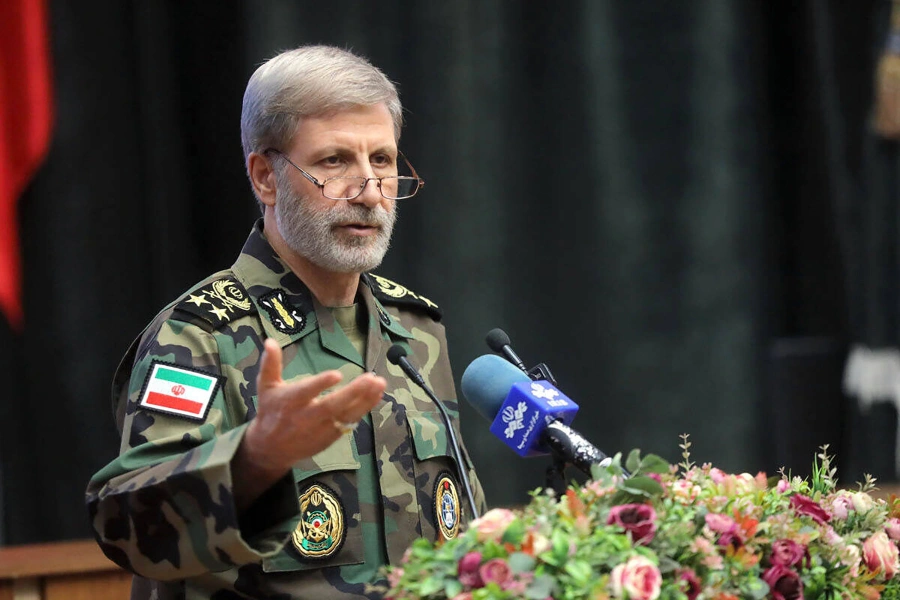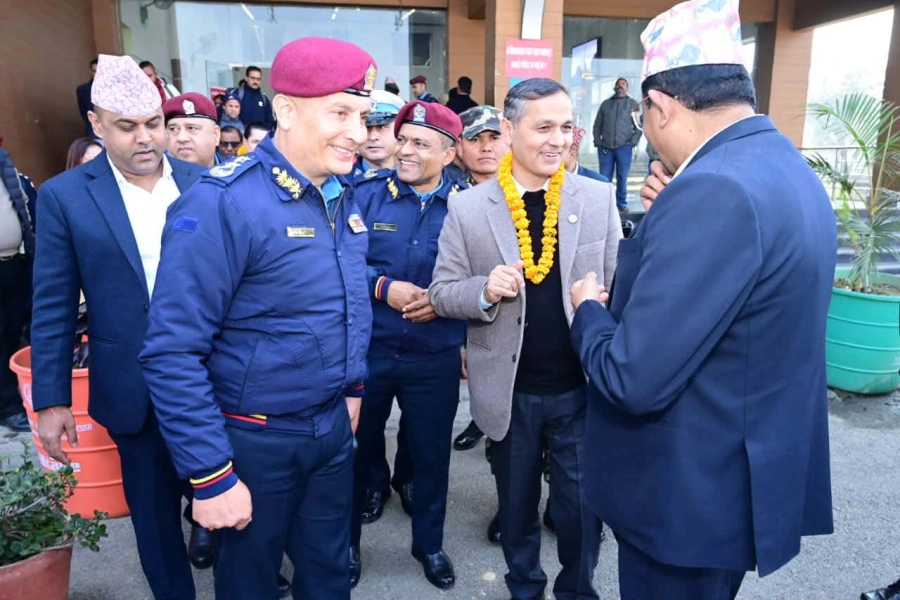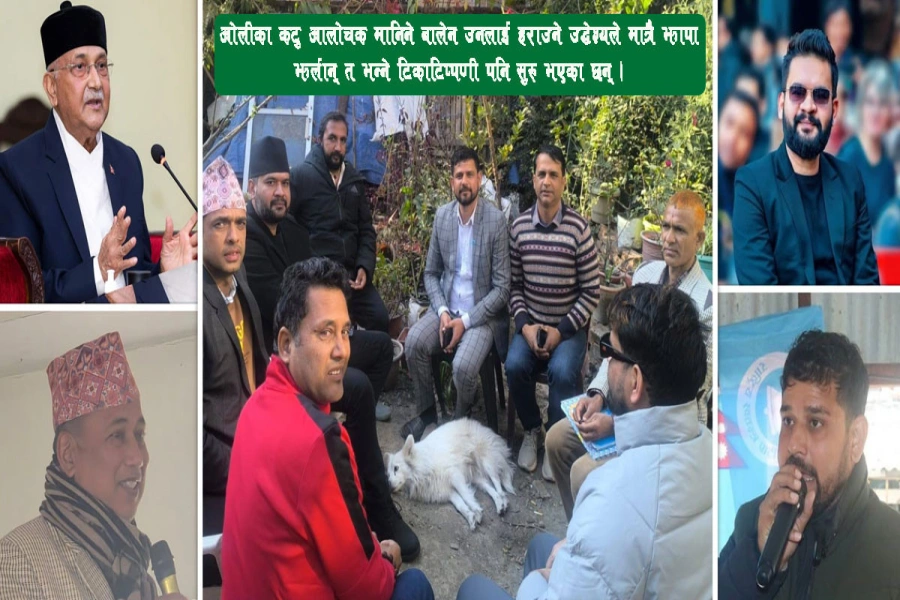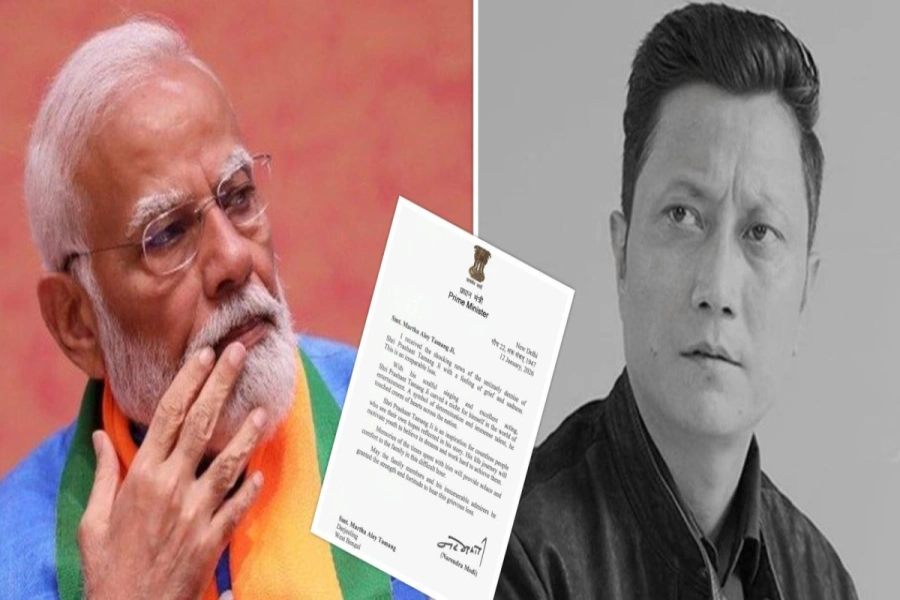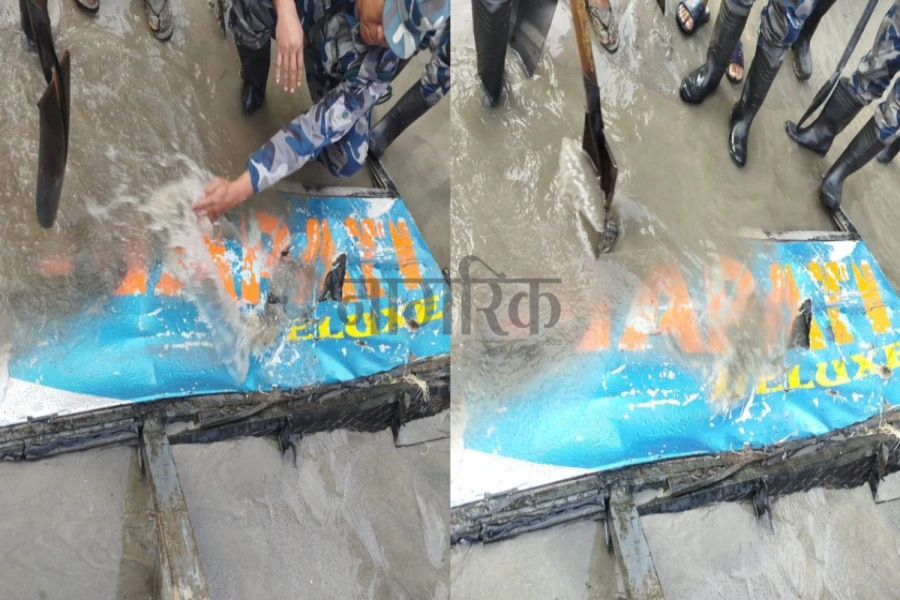Hurdles to Nepal’s major infrastructure projects include lack of transparency in procurement of equipment, goods and services. Contractors use substandard materials in building the projects which lead the structures to crumble just in few days after the project completion. The process of awarding projects is rarely transparent and even contractors lacking required qualifications bag contracts in collusion with power centers and politicians. In some cases, contractors leave the work in the middle and they are rarely held accountable. We have faced the consequences of such malpractices, most notably in Sikta Irrigation Project, where contractors were found to have used substandard materials to build canals and as a result of which some of these canals developed cracks just in few days of construction. The story of most projects built by Pappu Construction is the same. Regrettably, most of Nepal’s mega infrastructure projects have been dealing with these anomalies for many years.
NHRC urges govt to ensure implementation of its past recommenda...

In this context, the 14-point work plan circulated by Commission for the Investigation of Abuse of Authority (CIAA) to all ministries and agencies concerned is a welcome move. The plan named ‘Public Procurement and Development Program Reform Work Plan 2075’ has categorically mentioned the malpractices in procurement of goods, equipments and services and has recommended immediate steps to tackle them. It has identified that goods, services and equipment for many mega projects are purchased without needs assessment and by undermining technical specifications of goods and equipments. As a result of which, says the CIAA work plan, quality of construction is compromised. The CIAA has rightly pointed that any financial decision made without conducting needs assessment is abuse of authority and corruption. The CIAA holds responsible Public Procurement Monitoring Office (PPMO) for ongoing malpractices in the mega projects. It has clearly directed Ministry of Physical Infrastructure and Transport (MoPIT) and other bodies to formulate clear norms, standards and specifications for goods and services they procure.
As things stand, project cost estimates are grossly inflated using false detailed project reports and contracts are awarded based on such estimates. Packaging of projects is done in a way that helps stifle competition and award contracts to a few select firms. This way, we will never be able to get the quality works done. Therefore, all the ministries, procurement agencies and monitoring bodies should follow the CIAA’s directives and develop guidelines to ensure that our infrastructure projects meet standards of competition, fairness, transparency and timely completion. As is the case, many of our mega projects have failed to take off mostly because the contractors, often affiliated to one or other political parties, refuse to play by the rulebook. They seek to grab major portion of allocated funds for financing their parties. They pay no heed to transparency factor because they get off the hook due to political protection. Much needs to be done to ensure fairness and quality in mega projects. CIAA has shown some ways to do that. Its recommendations must not be ignored.



